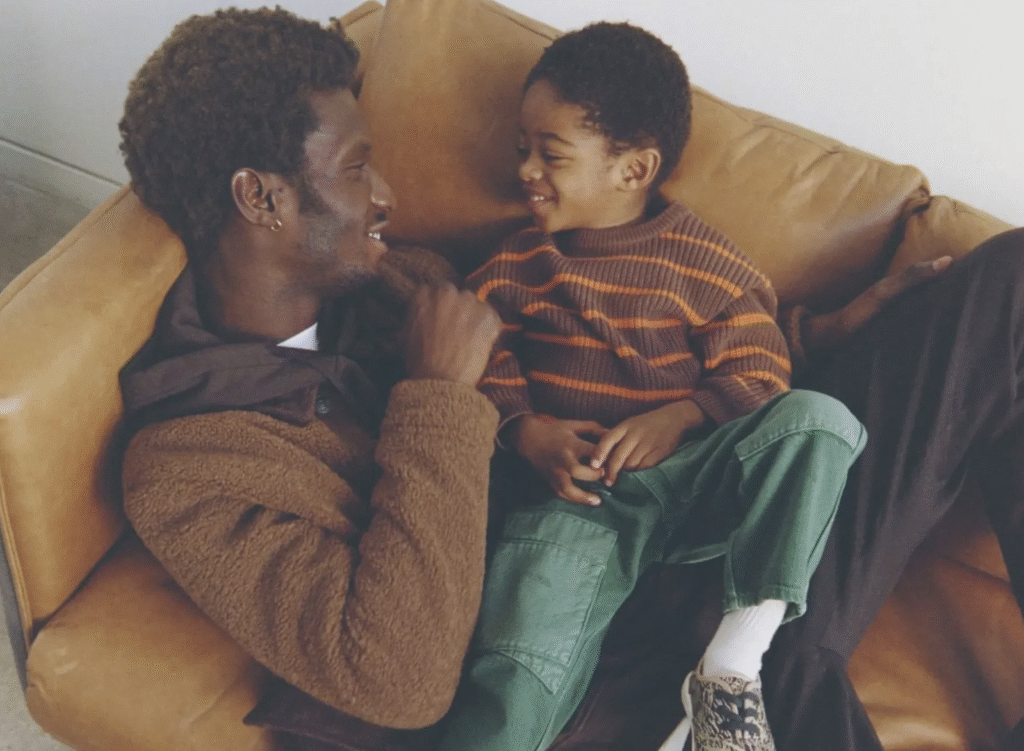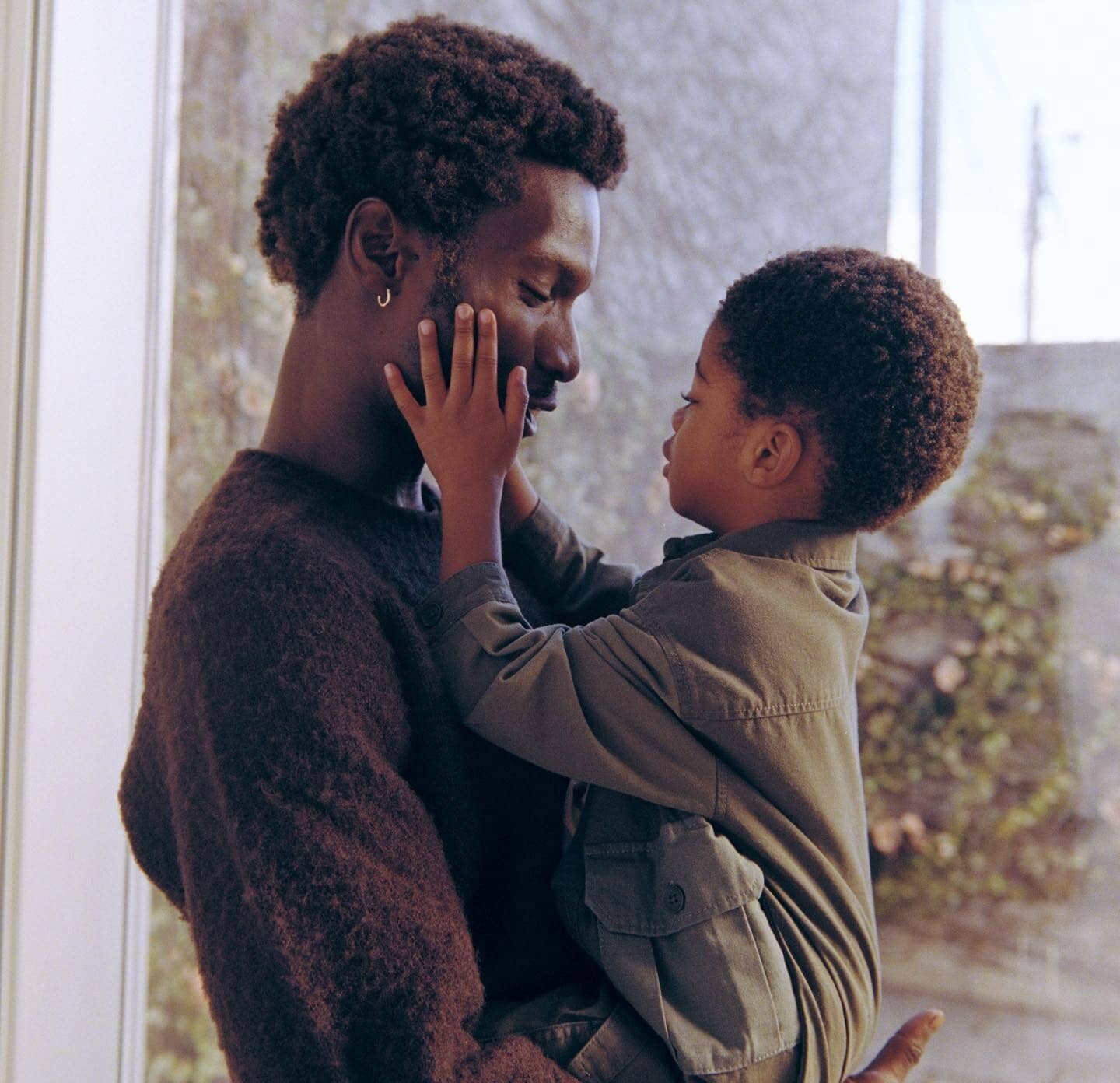Adoption and Custody Evaluation
In family law, few matters are as emotionally charged and impactful as decisions involving the custody of children and the approval of adoptive placements. These decisions shape the future of young lives and determine the dynamics of entire families.
To ensure that the best interests of the child are upheld, courts often rely on adoption and custody evaluation, a process that involves in-depth psychological assessments conducted by mental health professionals.
This article explores what an adoption and custody evaluation entails, who conducts it, what factors are assessed, and how these evaluations influence legal decisions in family court.
What Is an Adoption and Custody Evaluation?
An adoption and custody evaluation is a formal assessment requested by a court or adoption agency to gather detailed psychological, emotional, and behavioral information about one or more individuals involved in a case. These evaluations are typically conducted by licensed psychologists, clinical social workers, or psychiatrists trained in child development and family dynamics.
The primary goal of these evaluations is to help judges or caseworkers make informed, unbiased decisions that prioritize the child’s well-being and long-term development.
This process may be part of an adoption home study or a child custody psychological evaluation, depending on the context of the case.
Why Are Adoption and Custody Evaluations Necessary?
Family disputes and adoption procedures often present complex emotional and psychological challenges. In such cases, legal arguments and character testimonials may not provide a full picture of the environment in which a child will be raised.
A thorough adoption and custody evaluation fills in these gaps by evaluating factors such as:
- The mental and emotional stability of the parents or guardians
- The quality of the parent-child relationship
- The child’s emotional needs and developmental stage
- History of abuse, neglect, or substance misuse
- Capacity for effective co-parenting
- Cultural or religious considerations relevant to the child
Evaluations are especially important when there is a history of domestic violence, high-conflict divorce, or when one parent alleges that the other is unfit to raise the child.
These situations are associated with increased psychological risk to the child and require a structured assessment (Ackerman & Ackerman, 1997).
According to the American Psychological Association, “in custody evaluations, psychologists strive to develop assessments that consider the psychological best interests of the child, while minimizing potential harm to family relationships” (APA, 2010).
Who Conducts the Evaluations?
Only licensed mental health professionals with relevant training in family dynamics and forensic assessment can conduct adoption and custody evaluations. These professionals must be impartial and operate under strict ethical guidelines to avoid any bias or undue influence.
The evaluator’s role is not to advocate for one party over another, but rather to provide a detailed and evidence-based report that outlines their findings and recommendations. In many jurisdictions, evaluators must also testify in court, explaining the rationale behind their assessments.
The Evaluation Process: What to Expect
While each case is unique, most adoption and custody evaluations follow a structured process that includes:
1. Initial Interviews
Evaluators conduct separate interviews with the parents or guardians and, if age-appropriate, the child. These sessions are designed to gather personal histories, parenting philosophies, and the current living situation.
2. Psychological Testing
Standardized psychological assessments may be used to evaluate mental health, personality traits, emotional functioning, and parenting capacity. Common tests include the MMPI-2, the Parenting Stress Index, and projective tools such as the Thematic Apperception Test (TAT).
These tools are widely recognized in forensic psychology as valid instruments for custody-related evaluations (Arditti, 2002).
3. Home Visits
The evaluator may observe parent-child interactions in their home environment. These visits are crucial for assessing the child’s living conditions, the presence of extended support networks, and daily routines.
4. Collateral Information
Evaluators often consult external sources such as school reports, medical records, therapy notes, and interviews with teachers or extended family to gather additional context.
5. Final Report and Recommendations
After compiling all the data, the evaluator prepares a comprehensive report summarizing findings and offering recommendations regarding custody arrangements or suitability for adoption.
Psychological Factors Assessed During Adoption and Custody Evaluation
Mental health professionals look at a wide array of psychological and emotional variables to assess the fitness of parents or guardians. These may include:
- Emotional stability and coping mechanisms
- History of mental illness or substance abuse
- Attachment styles and parenting responsiveness
- Ability to provide a nurturing and stable home
- Conflict resolution skills and emotional regulation
For children, the evaluation may include assessments of:
- Emotional security and attachment
- Academic and social functioning
- Experiences of trauma or loss
- Adaptability and resilience
A comprehensive mental health assessment for custody aims to evaluate both risk and protective factors that may influence the child’s long-term adjustment and emotional safety.

How Evaluations Influence Legal Decisions?
The final report from an adoption and custody evaluation can significantly influence court decisions. While judges have the ultimate authority, the evaluator’s expert opinion provides a professional, data-driven perspective that helps clarify what arrangement is in the best interest of the child.
Research has shown that psychological evaluations are among the most influential pieces of evidence in custody decisions when they are conducted by trained and licensed professionals (Gould & Martindale, 2009).
Ethical Considerations and Cultural Sensitivity
Evaluators are expected to adhere to high ethical standards, including maintaining objectivity, confidentiality, and respect for all parties.
Cultural competence is especially vital in adoption and custody evaluations, as evaluators must consider each family’s values, traditions, and belief systems.
Evaluations involving cross-cultural or international adoptions, for instance, require nuanced understanding of identity development, cultural integration, and potential issues of discrimination or bias.
Common Challenges and Controversies
Despite their value, adoption and custody evaluations can be contentious. Some of the most common challenges include:
- Allegations of evaluator bias
- Inconsistencies in methodology across evaluators
- Emotional distress caused by the evaluation process
- Concerns over confidentiality in court disclosures
To minimize these issues, it is important for courts and agencies to select experienced, neutral professionals and to establish clear protocols and ethical guidelines.
How to Prepare for an Evaluation?
For parents or guardians undergoing an adoption and custody evaluation, preparation can help reduce anxiety and ensure that the process goes smoothly. Some tips include:
- Be honest and transparent with the evaluator
- Maintain a child-centered perspective
- Cooperate fully with scheduling and documentation
- Avoid speaking negatively about the other party
- Demonstrate willingness to grow and improve as a parent
Children, if involved in the evaluation, should be reassured and supported without being coached or influenced.
The Role of Therapy and Mental Health Support
Often, an adoption and custody evaluation uncovers emotional or behavioral concerns that can be addressed through therapeutic interventions. Mental health professionals may recommend:
- Individual therapy for parents or children
- Family therapy to improve communication
- Parenting classes or anger management programs
- Trauma-informed care for children with adverse experiences
Early intervention and mental health support not only benefit the legal outcome but also foster long-term emotional well-being for the entire family.
Adoption and Custody Evaluation in the Digital Age
The rise of digital platforms has introduced new possibilities for conducting adoption and custody evaluations remotely.
While in-person observations remain important, virtual interviews and assessments have become more common—especially in rural areas or during crises such as the COVID-19 pandemic.
However, digital evaluations require careful planning to ensure privacy, technical reliability, and ethical compliance.
A Bridge Between Psychology and Justice
At Sessions, we understand that adoption and custody evaluations are more than legal procedures—they are opportunities to ensure the emotional and psychological well-being of children and families. By combining clinical expertise with deep ethical commitment, our licensed professionals help courts make compassionate, informed decisions in the best interest of the child.
Whether you’re a family in need of guidance or a legal professional seeking expert collaboration, our team is here to support you. Schedule a consultation today and take the next step toward a healthier future for every child involved.
